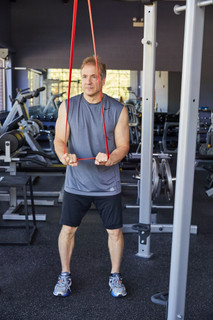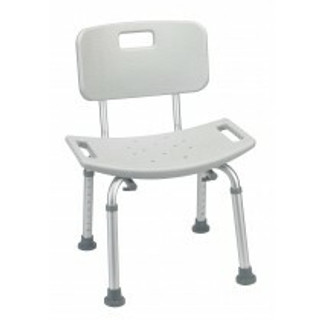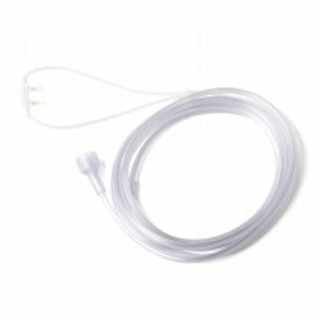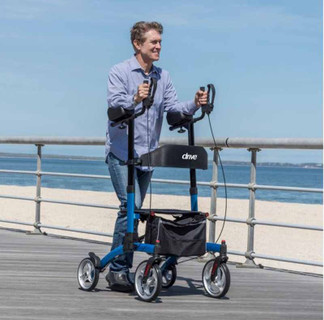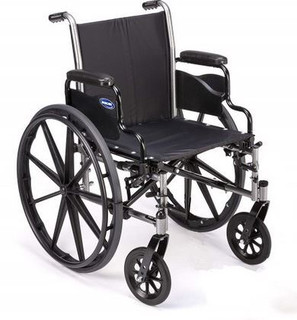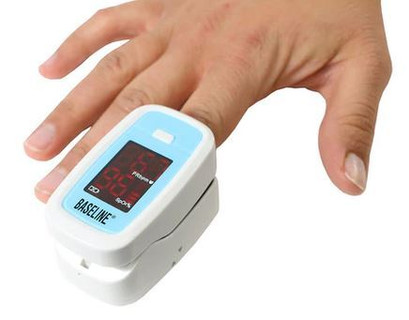How to Find the Right Caregiver: A Guide for Families
Finding the right caregiver is one of the most important decisions you can make for your loved one. Whether you're looking for help with daily activities, companionship, or specialized medical care, the right caregiver can enhance your loved one's quality of life and give you peace of mind. But with so many options available, the process can feel overwhelming. Here’s a guide to help you navigate the journey of finding the perfect caregiver.
- 1.Assess Your Loved One’s Needs
The first step in finding the right caregiver is to assess your loved one’s needs. Consider the level of care they require, such as:
- Personal Care: Assistance with bathing, dressing, grooming, and other daily activities.
- Companionship: Someone to provide conversation, emotional support, and social interaction.
- Medical Care: Skilled nursing care for medical conditions, medication management, or rehabilitation.
- Household Assistance: Help with cooking, cleaning, shopping, and other household tasks.
Understanding these needs will help you determine the type of caregiver that’s best suited for your loved one.
- 2.Decide Between an Agency and Private Hire
Once you’ve assessed your loved one’s needs, you’ll need to decide whether to hire a caregiver through an agency or privately. Each option has its advantages:
- Agency Caregivers: Agencies handle background checks, training, and insurance, making the process easier for you. They can also provide backup care if your primary caregiver is unavailable. However, this convenience may come at a higher cost.
- Private Hire: Hiring a caregiver privately can be more affordable, but it requires more work on your part. You’ll be responsible for interviewing candidates, conducting background checks, and managing payroll and taxes. If you choose this route, consider using a reputable job platform or local referrals to find qualified candidates.
- 3.Interview Potential Caregivers
The interview process is crucial in finding the right caregiver. Prepare a list of questions that cover experience, qualifications, and personality. Some questions to consider include:
- What experience do you have working with individuals with similar needs?
- How do you handle emergency situations?
- Can you provide references from previous clients or employers?
- What is your availability and flexibility with scheduling?
- How do you approach building a relationship with the person you’re caring for?
Pay attention to the caregiver’s communication skills, empathy, and willingness to listen. It’s important that they not only have the necessary skills but also the right temperament to build a positive rapport with your loved one.
- 4.Check References and Background
Before making a final decision, always check references and conduct a thorough background check. For agency caregivers, this step is usually handled for you, but it’s still a good idea to ask for references and follow up with them. For private hires, you’ll need to handle the background check yourself, either by hiring a professional service or using an online background check tool. This step is crucial for ensuring your loved one’s safety and security.
- 5.Involve Your Loved One in the Decision
If possible, involve your loved one in the decision-making process. Their comfort and compatibility with the caregiver are paramount. Arrange a meeting between your loved one and the potential caregiver to see how they interact. Pay attention to your loved one’s reactions and feedback, as they will be spending a lot of time together.
- 6.Consider a Trial Period
Before committing to a long-term arrangement, consider starting with a trial period. This allows both you and your loved one to evaluate the caregiver’s performance and compatibility. During this time, observe how well the caregiver meets your loved one’s needs, adheres to their schedule, and communicates with you. If any issues arise, address them early to ensure a smooth working relationship.
- 7.Establish Clear Expectations and Communication
Once you’ve chosen a caregiver, it’s essential to establish clear expectations from the start. Discuss daily routines, responsibilities, and any specific preferences your loved one has. Create a written care plan outlining these details, and make sure the caregiver understands and agrees to it. Regular communication is key to ensuring everything runs smoothly, so schedule regular check-ins to discuss any concerns or updates.
Finding the right caregiver takes time, but the effort is worth it to ensure your loved one receives the best possible care. By carefully assessing needs, interviewing candidates, checking references, and involving your loved one in the decision, you can find a caregiver who not only meets your loved one’s needs but also enhances their quality of life. Remember, the right caregiver is more than just a helper—they’re a trusted companion who will make a meaningful difference in your loved one’s life.
Once you've chosen a caretaker they will most likely be responsible for purchasing supplies for their client (your loved one). You can purchase top quality durable medical supplies from rollators and wheelchairs to bedroom and bathroom safety supplies at SafeWell Medical (with fast and free shipping too). https://www.safewellmedical.com/





